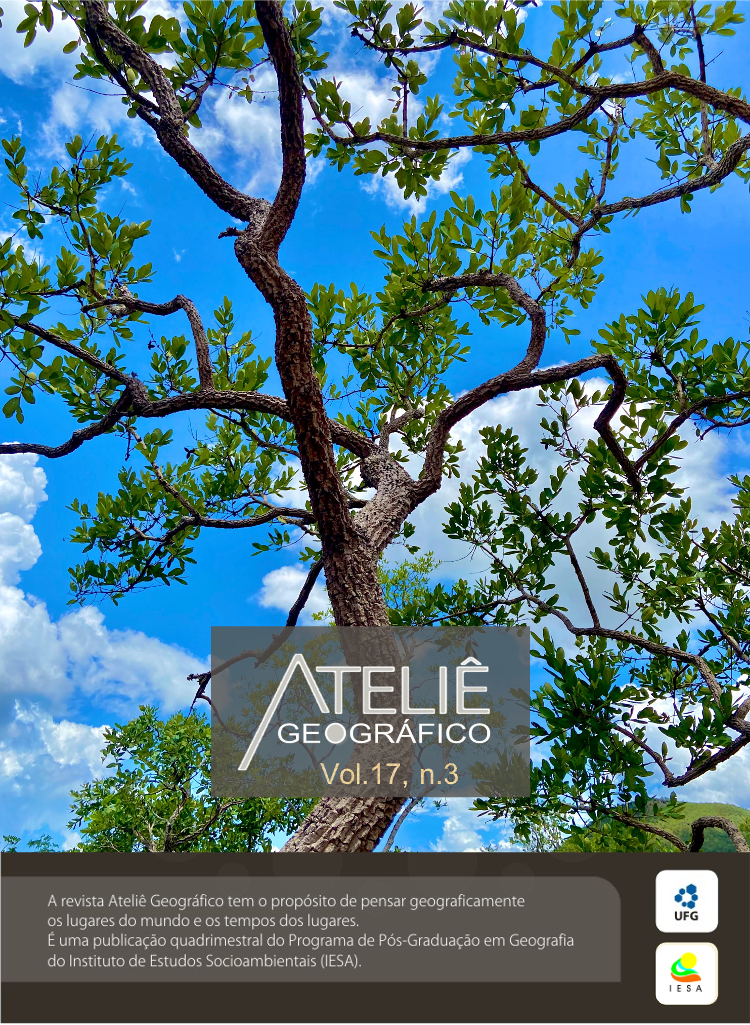Regionalización y ordenamiento territorial: modelos de organización espacial aplicados en Guatemala
DOI:
https://doi.org/10.5216/ag.v17i3.78155Resumen
Este artículo identifica y problematiza los intercambios entre dos dimensiones estructurantes de los estudios territoriales: la ciencia económica aplicada al saber geográfico y las prácticas de poder vinculadas a la planifiación del territorio. Para el efecto, se revisan los modelos clásicos de la economía espacial, los cuales ampliaron el horizonte de conocimientos de la geografía, al extremo de incidir en la propia racionalidad capitalista del mundo occidental. Para el caso guatemalteco, país centroamericano de la periferia capitalista, se considera la aplicación de modelos de organización territorial como la regionalización y el ordenamiento territorial, con la finalidad de responder a la interrogante en torno a las relaciones entre políticas de Estado, procesos de integración territorial y arreglos espaciales que se ponen en marcha alrededor del “nuevo” paradigma de ordenamiento territorial.
Palabras clave: (1) Guatemala-estudios territoriales; (2) urbanismo; (3) territorio; (4) espacio; (5) ethos urbano.
Descargas
Descargas
Publicado
Cómo citar
Número
Sección
Licencia
Autores que publicam nesta revista concordam com os seguintes termos:- Autores mantém os direitos autorais e concedem à revista o direito de primeira publicação, com o trabalho simultaneamente licenciado sob a Licença Creative Commons Attribution que permite o compartilhamento do trabalho com reconhecimento da autoria e publicação inicial nesta revista.
- Os autores não serão remunerados pela publicação de trabalhos na Revista Ateliê Geográfico. Além disso, os conteúdos publicados são de inteira e exclusiva responsabilidade de seus autores, ainda que reservado aos editores o direito de proceder a ajustes textuais e de adequação às normas da publicação.
- Autores têm permissão e são estimulados a divulgar seu trabalho online (ex.: em repositórios institucionais ou na sua página pessoal), já que isso pode gerar alterações produtivas, bem como aumentar o impacto e a citação do trabalho publicado (Veja O Efeito do Acesso Livre).


